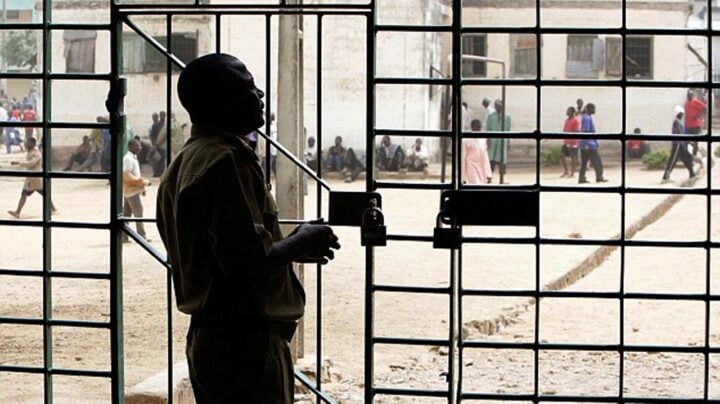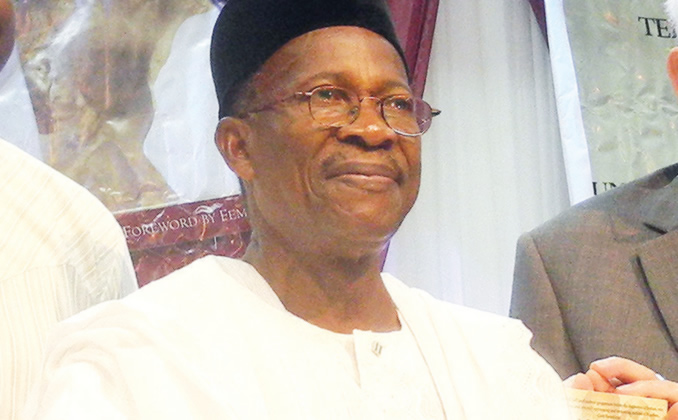A custodial centre in Nigeria
Haliru Nababa, controller-general of the Nigeria Correctional Service (NCoS), says the service spends more daily to feed a security dog than to feed an inmate.
Nababa spoke on Thursday at a joint hearing of the national assembly committee on interior, while responding to a question from Adams Oshiomhole, the committee’s chairman.
“We feed each inmate with N750 daily and they are fed three times daily (N250 for each meal),” he said.
“We have 900 security dogs and to feed a dog each day we spend N800.”
Advertisement
He said the total number of inmates in 2023 is 81,354 nationwide while 53,352 are awaiting trial.
The controller-general added that he has written to the minister of interior requesting for the review of the amount used to feed the inmates to N3,000 per day, but that approval is yet to be granted.
“We are therefore seeking the assistance of the national assembly to approve the increment,” he said.
Advertisement
“We have made provision for the feeding of inmates, dogs and staff on training in six training institutions across the country. The money is grossly inadequate.”
In his response, Oshiomhole said many of those in the correctional service are innocent and have only been put there by “big men” trying to teach them a lesson.
He added that prisons are meant to correct the behaviours of the people and not to dehumanise.
“How can you look us eye to eye and tell us that you feed a grown-up man in Nigeria with N750 a day?” Oshiomhole asked.
Advertisement
“One thing that has come out is that a non-convicted Nigerian is being fed with N750 and you feed each of the dogs under your care with N800 per day.
“So, a dog is better fed in the Nigerian prison than an innocent Nigerian in your custody.
“It is a policy issue. We don’t know the intention of government to appropriate money to feed animals than to feed human beings. It is a major policy issue for us.”
Advertisement
Add a comment






